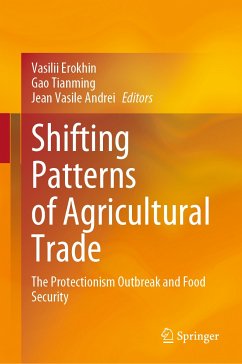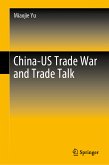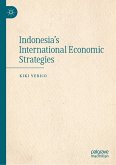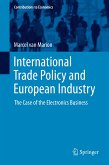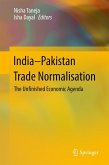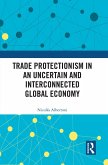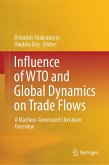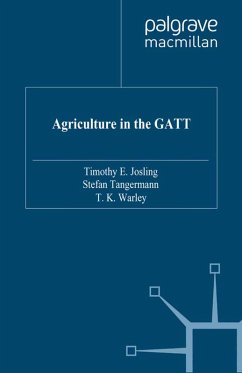Over the decades, food security concerns have been emerging, along with the growth of the world population. More than two billion most impoverished people in the world spent up to 70% of their disposable income on food. In 2020, the running pandemic has unraveled accumulated problems. As many countries rely on agricultural imports, lockdowns and disrupted food production and supply chains tremendously threaten food security of those nations. Agricultural trade was already slowing in 2019 before the virus struck, weighed down by trade tensions, and decelerating economic growth. The spread of the virus and strict quarantine measures trigger economic decline that results in food prices rises and volatilities. Due to the pandemic, nearly all regions will suffer double-digit decline in trade volumes 2020.
The virus will be defeated, but the effects of the protectionism outbreak would have a much longer-lasting impact on agricultural production, international supply chains, and food security worldwide. In this publication, the authors probe into many of the choices that link national, regional, and global policies extensively with the provision of food security for all in the new era of post-virus global trade. Since studying global agricultural trade has a multinational application, its outcomes might be shared with a broad international network of stakeholders, including research institutions, universities, and individual researches. The book is appropriate for government officials, policymakers, and businesses of many countries. Adaptation of research outcomes and solutions to the situation in particular countries and various collaboration formats will let to increase the visibility of the publication and to elaborate new practices and solutions in the sphere of establishing sustainable food security.
Dieser Download kann aus rechtlichen Gründen nur mit Rechnungsadresse in A, B, BG, CY, CZ, D, DK, EW, E, FIN, F, GR, HR, H, IRL, I, LT, L, LR, M, NL, PL, P, R, S, SLO, SK ausgeliefert werden.

